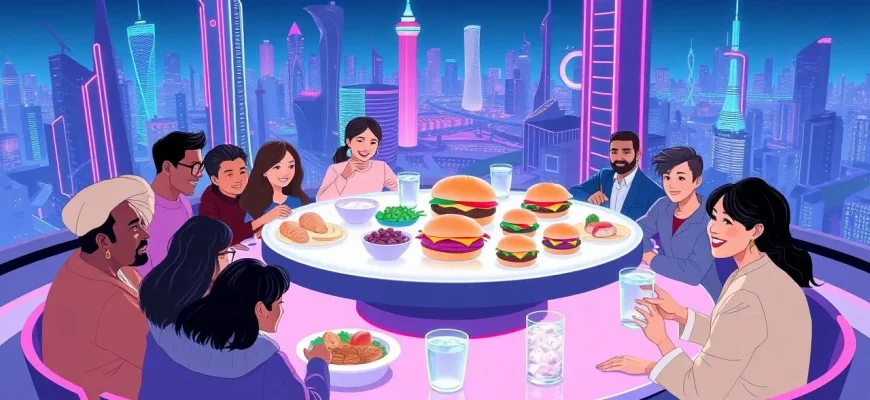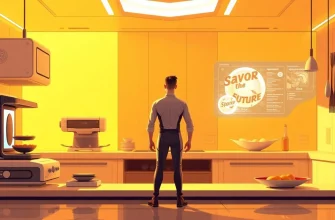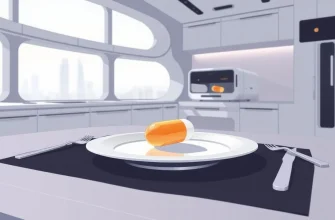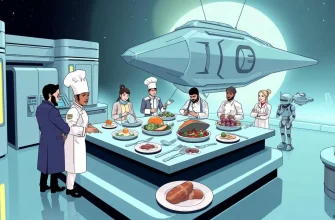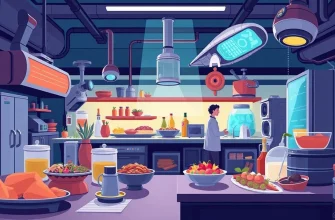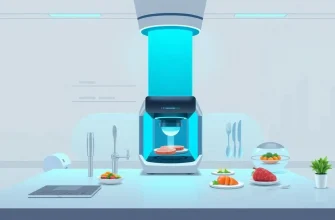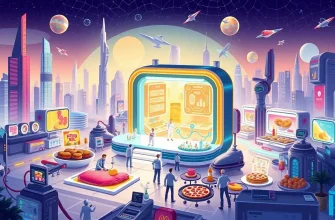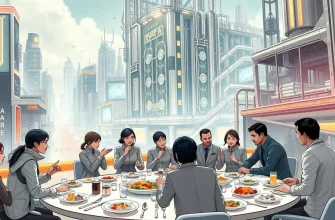In a world where technology and science are constantly reshaping our lives, the concept of diet has also taken a futuristic turn in cinema. This curated list of sci-fi films delves into the imaginative realms where diets are not just about nutrition but are pivotal to the plot, character development, and even the fate of humanity. From dystopian societies to alien encounters, these films offer a fascinating look at how we might eat in the future, providing both a thrilling narrative and a thought-provoking commentary on our current dietary habits.
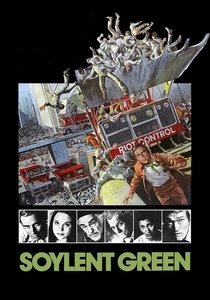
Soylent Green (1973)
Description: In a dystopian future where overpopulation has led to food scarcity, Soylent Green introduces a new food source that promises to solve hunger. However, the true nature of this "food" is a shocking revelation, making it a staple in discussions about future diets and ethics.
Fact: The film's title is a play on the word "soylent," which was inspired by the combination of "soy" and "lentils." Also, the film was one of the first to explore the concept of cannibalism in a sci-fi setting.
 Watch Now
Watch Now 
Brazil (1985)
Description: This dark comedy set in a dystopian future where bureaucracy reigns supreme also touches on the mundane aspects of life, including diet. The film's portrayal of food as bland and mass-produced reflects the dehumanization of society.
Fact: The film was directed by Terry Gilliam, and its surreal, Kafkaesque vision has made it a cult classic. The title "Brazil" refers to the song that plays during the protagonist's fantasies.
 Watch Now
Watch Now 
The Matrix (1999)
Description: While not primarily about diet, The Matrix features humans being used as an energy source, fed through tubes with a nutrient-rich liquid. This concept raises questions about the future of food in a world dominated by machines.
Fact: The idea of humans as batteries was inspired by the concept of "human batteries" in Japanese anime. The film also popularized the term "red pill" as a metaphor for awakening to reality.
 Watch Now
Watch Now 
Equilibrium (2002)
Description: In a totalitarian society where emotions are suppressed, diet is also controlled to maintain order. The film subtly explores how food and diet can be used as tools of control in a futuristic setting.
Fact: The film's concept of "Prozium" as an emotion-suppressing drug has parallels with how diet can be manipulated to control behavior.
 Watch Now
Watch Now 
The Island (2005)
Description: In a controlled environment, clones are raised with the belief that they are the last survivors of a contaminated Earth. Their diet is strictly controlled, and the film delves into the ethics of cloning, identity, and the manipulation of diet for control.
Fact: The film was inspired by several sources, including the 1979 film "Parts: The Clonus Horror." It also features a futuristic setting where diet is part of the control mechanism over the clones.
 Watch Now
Watch Now 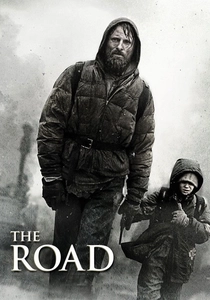
The Road (2009)
Description: In a post-apocalyptic world, a father and son struggle to survive, scavenging for food. The film explores the desperation and moral dilemmas surrounding food scarcity, making it a poignant look at diet in extreme circumstances.
Fact: The film is based on Cormac McCarthy's Pulitzer Prize-winning novel. Viggo Mortensen lost a significant amount of weight for his role to portray the harsh reality of the characters' diet.
 Watch Now
Watch Now 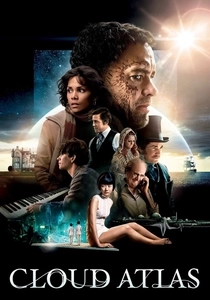
Cloud Atlas (2012)
Description: This epic film spans multiple timelines, one of which features a futuristic society where people are genetically engineered for specific roles, including their dietary needs. The film explores the implications of such a society on individuality and freedom.
Fact: The film required extensive use of makeup and prosthetics, with actors playing multiple roles across different eras. It was also one of the most expensive independent films ever made.
 Watch Now
Watch Now 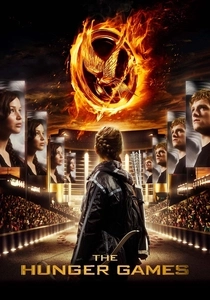
The Hunger Games (2012)
Description: While the focus is on survival games, the film also touches on the disparity in diet between the Capitol and the districts, highlighting themes of control, privilege, and resistance through food.
Fact: The film's depiction of food as a symbol of power and control has been widely discussed, especially the lavish feasts in the Capitol contrasted with the starvation in the districts.
 Watch Now
Watch Now 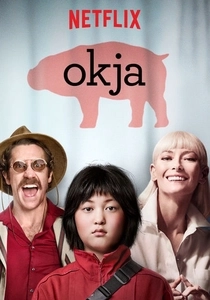
Okja (2017)
Description: This film follows a young girl and her genetically modified super-pig, Okja, in a world where multinational corporations control food production. The story delves into the ethics of food production, animal rights, and the impact of genetically modified organisms on our diets.
Fact: Okja was directed by Bong Joon-ho, who later won an Oscar for "Parasite." The film was released simultaneously on Netflix and in select theaters, sparking discussions about the future of film distribution.
 30 Days Free
30 Days Free 
WALL-E (2008)
Description: In this animated feature, humans have left Earth due to its uninhabitable state, living on a spaceship where they consume liquid food through straws. The film explores themes of consumerism, waste, and the future of human sustenance.
Fact: WALL-E was the first Pixar film to be released with a PG rating. The film's depiction of a future where humans are obese due to a sedentary lifestyle and liquid diet has sparked discussions on health and diet.
 30 Days Free
30 Days Free 
